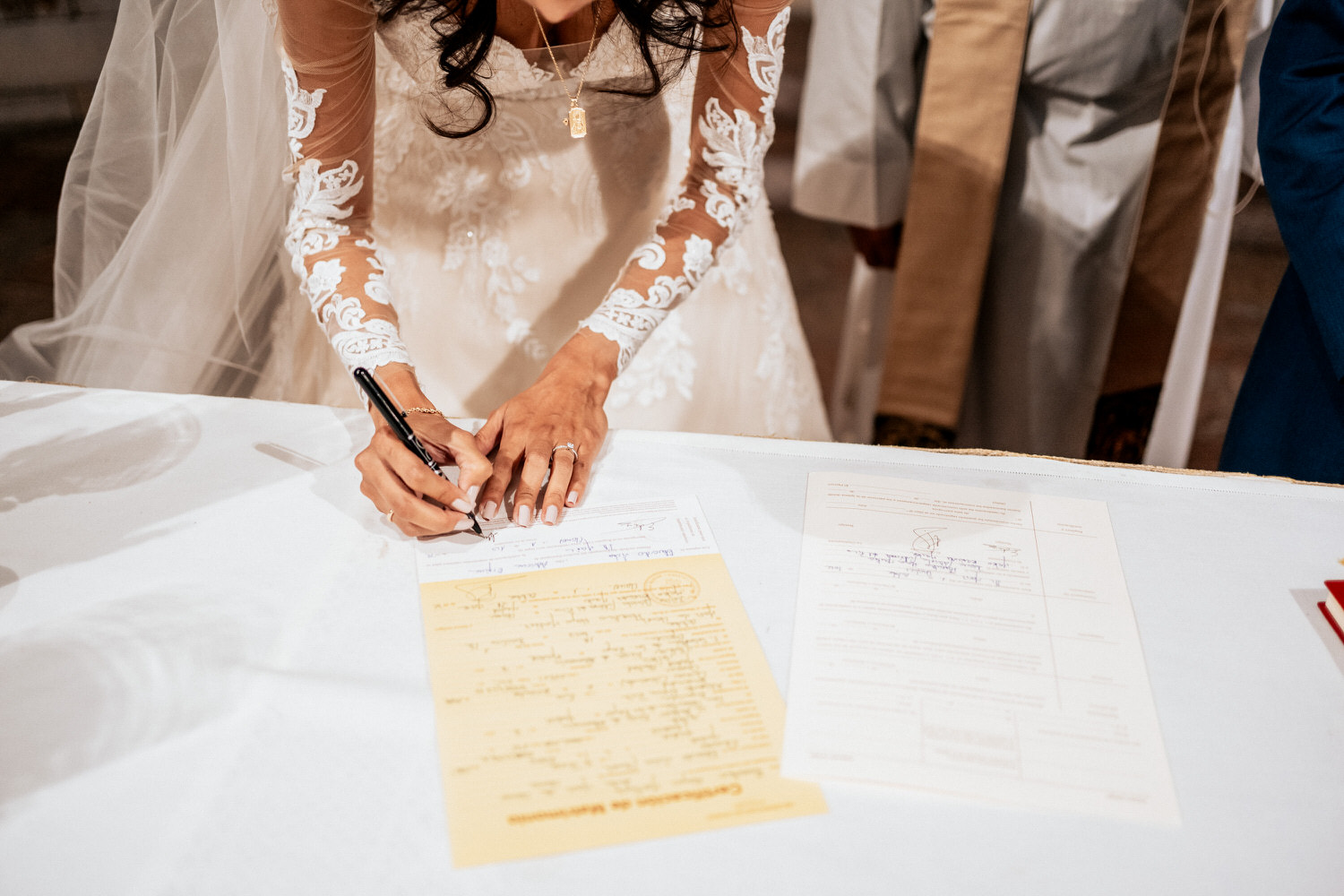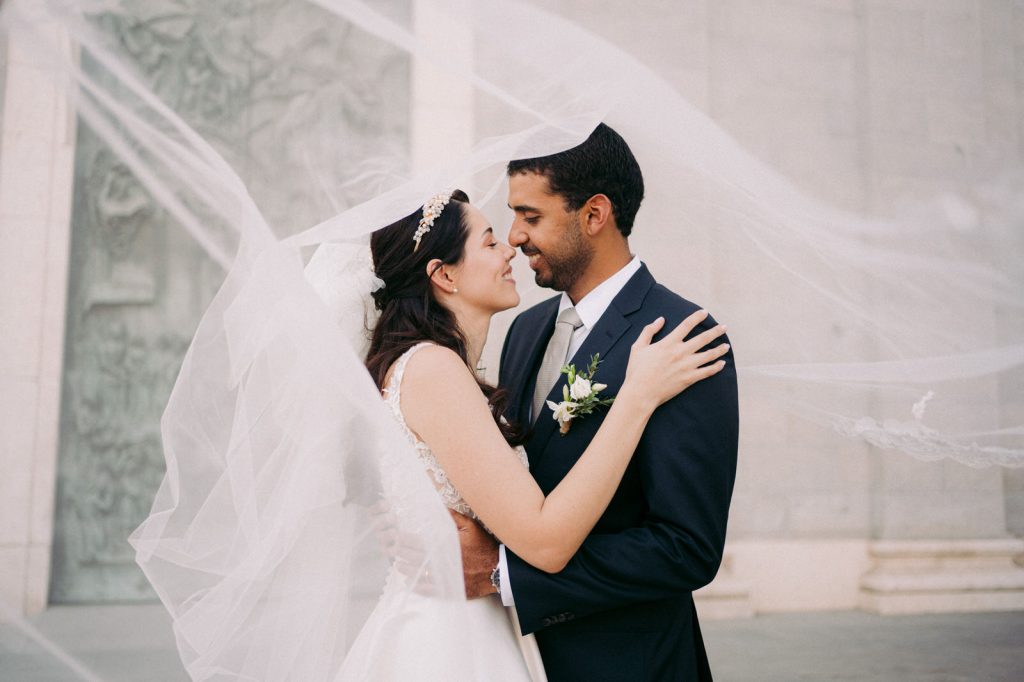
Are you planning to get married in Spain?
Getting married in Spain can be a beautiful and romantic experience. The country is famous for its beautiful beaches, historic cities and delicious cuisine, making it a popular destination for couples who want to tie the knot. But, if you want to get married in Spain, there are some things you need to know about the process and what’s required to make it a legal union.
Firstly, one of the partners must be a Spanish national or have Spanish citizenship. Residency in Spain does not make you eligible for marriage, so it’s important to confirm your status before making any plans.
Once you’ve confirmed your eligibility, the next step is to apply for a legal civil marriage in Spain. The process begins by obtaining a certificate of no impediment from your home country, which states that you are free to marry. This certificate must be legalized by the Spanish consulate in your home country and then translated into Spanish.
Next, you’ll need to register your intention to marry with the Spanish Civil Register. You’ll need to provide several documents, including your passport, proof of residency in Spain, proof of citizenship, and the certificate of no impediment. You’ll also need to provide a certificate of birth and, if applicable, a certificate of divorce or annulment.
Once your intention to marry has been registered, you’ll need to wait two weeks before your wedding can take place. During this time, anyone can object to the marriage if they believe that it’s not legal or if there’s a reason why it shouldn’t take place. If no objections are raised, your wedding can go ahead as planned.
The final step is to attend a civil ceremony, which can be conducted in a registry office or a town hall. You’ll need to bring along two witnesses and your official documents, including the certificate of no impediment and the certificate of intention to marry.
After the ceremony, the marriage will be registered and you’ll receive a certificate of marriage. This certificate is recognized globally and serves as proof that you’re legally married.
In addition to the civil ceremony, many couples choose to have a religious ceremony as well. If you want to have a religious ceremony, you’ll need to contact the religious organization in question and follow their specific requirements.
In conclusion, getting married in Spain can be a dream come true for many couples. But, it’s important to understand the requirements and the process involved to make it a legal union. With proper planning and preparation, you can have the wedding of your dreams in one of the most beautiful countries in the world.




